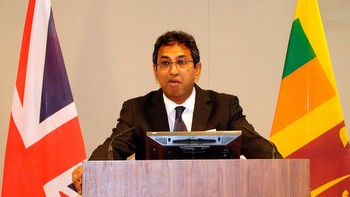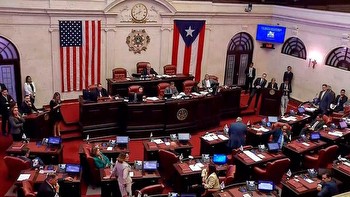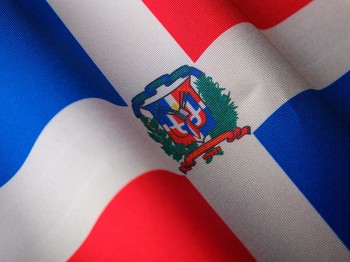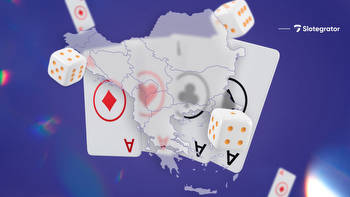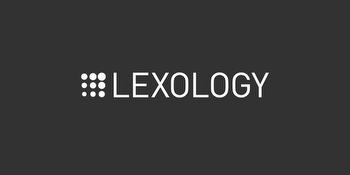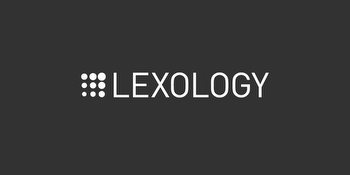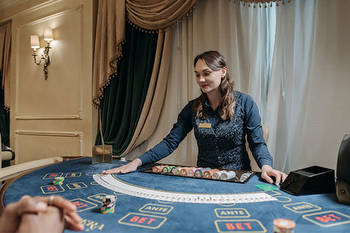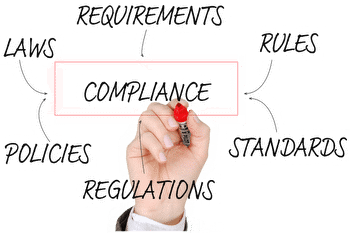Dominican Republic: Ministry of Finance publishes resolution regulating online gambling
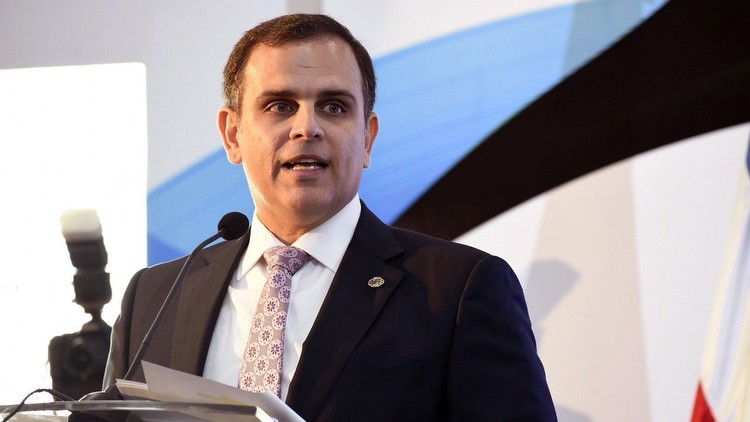
The Ministry of Finance of the Dominican Republic has published a new resolution regulating casinos and online gambling authorization. The text establishes the requirements, administrative fees, and minimum criteria that operators must comply with to obtain a license.
Resolution 136-2024 regulates the authorization to operate the online modality of games of chance and sports betting and, as informed by the Dominican Government, such regulation will be supervised by the Directorate of Casinos and Games of Chance.
The publication states that the license for online casinos will be worth DOP 20,473,481 ($346,000), while that for sports betting will be DOP 15,355,111 ($260,000). A third license "for other online applications" is also indicated for DOP 10,236,740 ($173,000). Each license will be valid for five years and not transferable during the first three years.
Authorization of casinos and online gambling in the Dominican Republic has followed a diligent process that culminated on February 28, 2024, with the recommendation to the Minister of Finance by the Casino Commission, under the official letter DM-051-2024 signed by its president, for the issuance of the resolution that will set in motion the new regulated sector of Internet gaming and gambling in the country.
The regulation contains 36 pages with seven chapters and 36 articles and was signed by Minister José Manuel Vicente.
Some of the provisions
The first chapter of the document includes a definition of each of the terms and words that characterize online gaming activity.
It also points out the requirements to be fulfilled to be an operator in the country (article 5) and details the Internal Control Procedures Manual, the requirements of the internet gaming platform, the administrative fees, and the operating conditions (article 8).
Likewise, the resolution covers all the pertinent parts of the authorization process to obtain the license, as well as operational and security aspects of the technological gaming and betting platforms, complying in Article 27 with the obligation of the operator to enforce a responsible gaming program, which includes a self-exclusion process.








